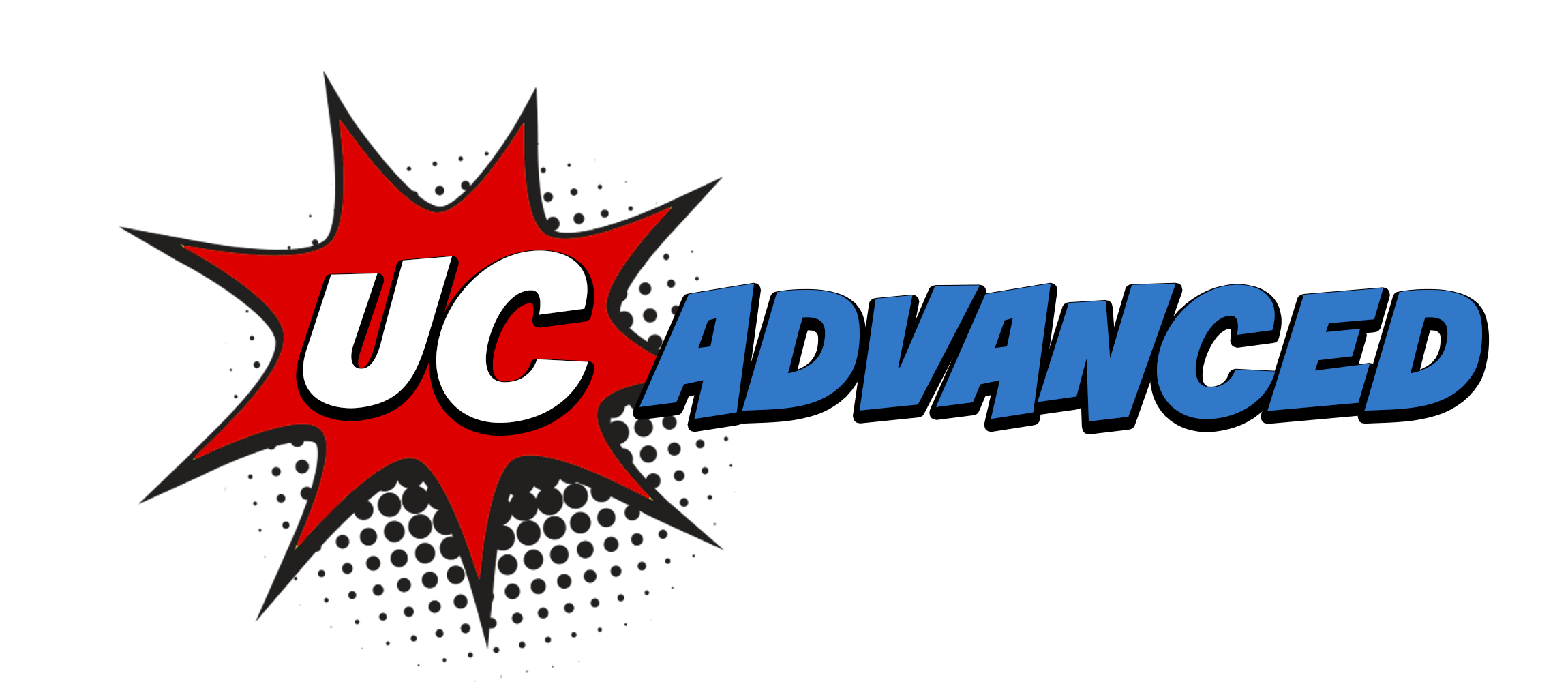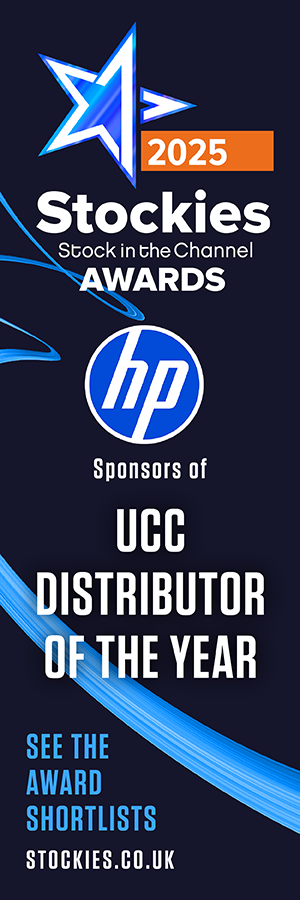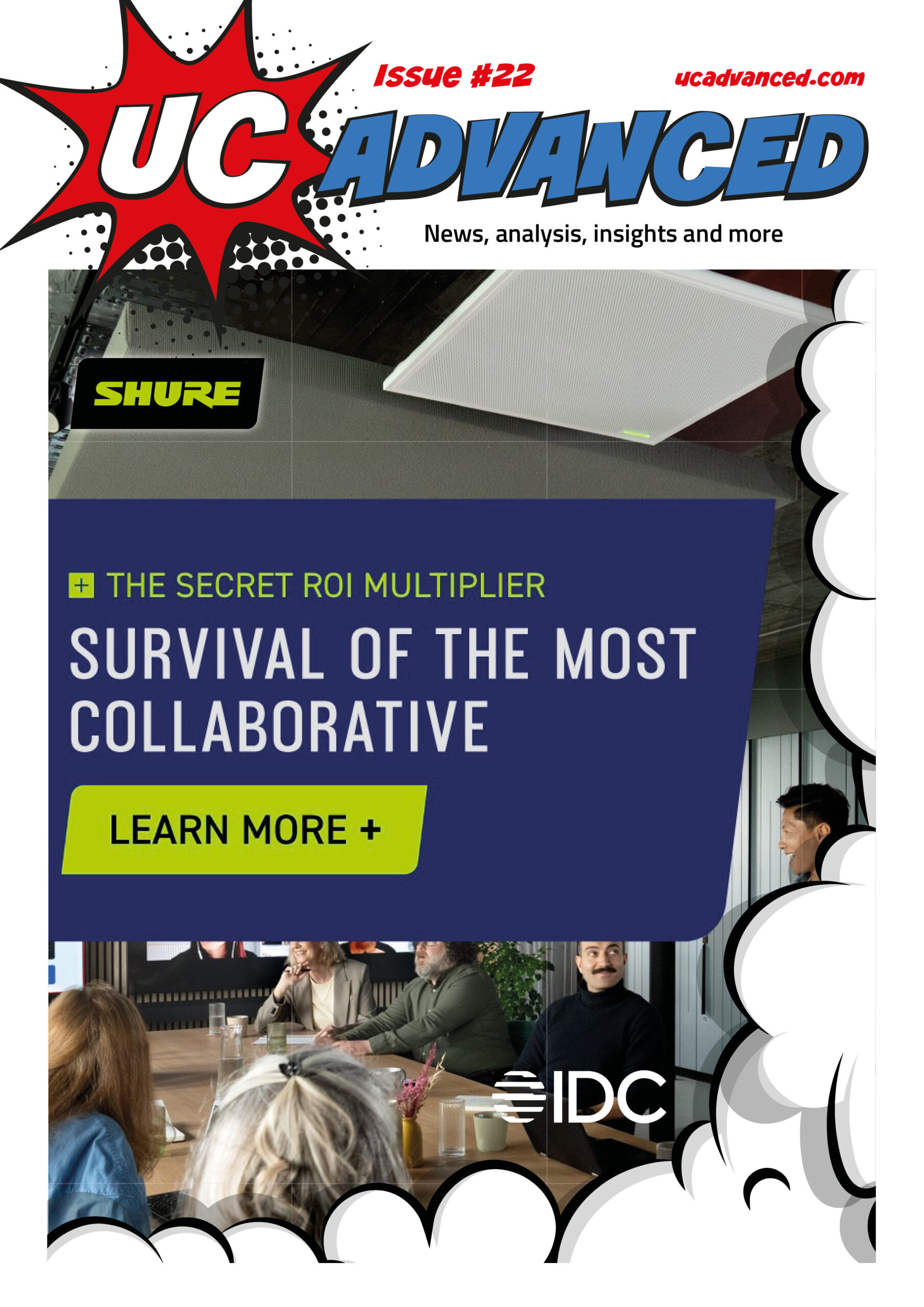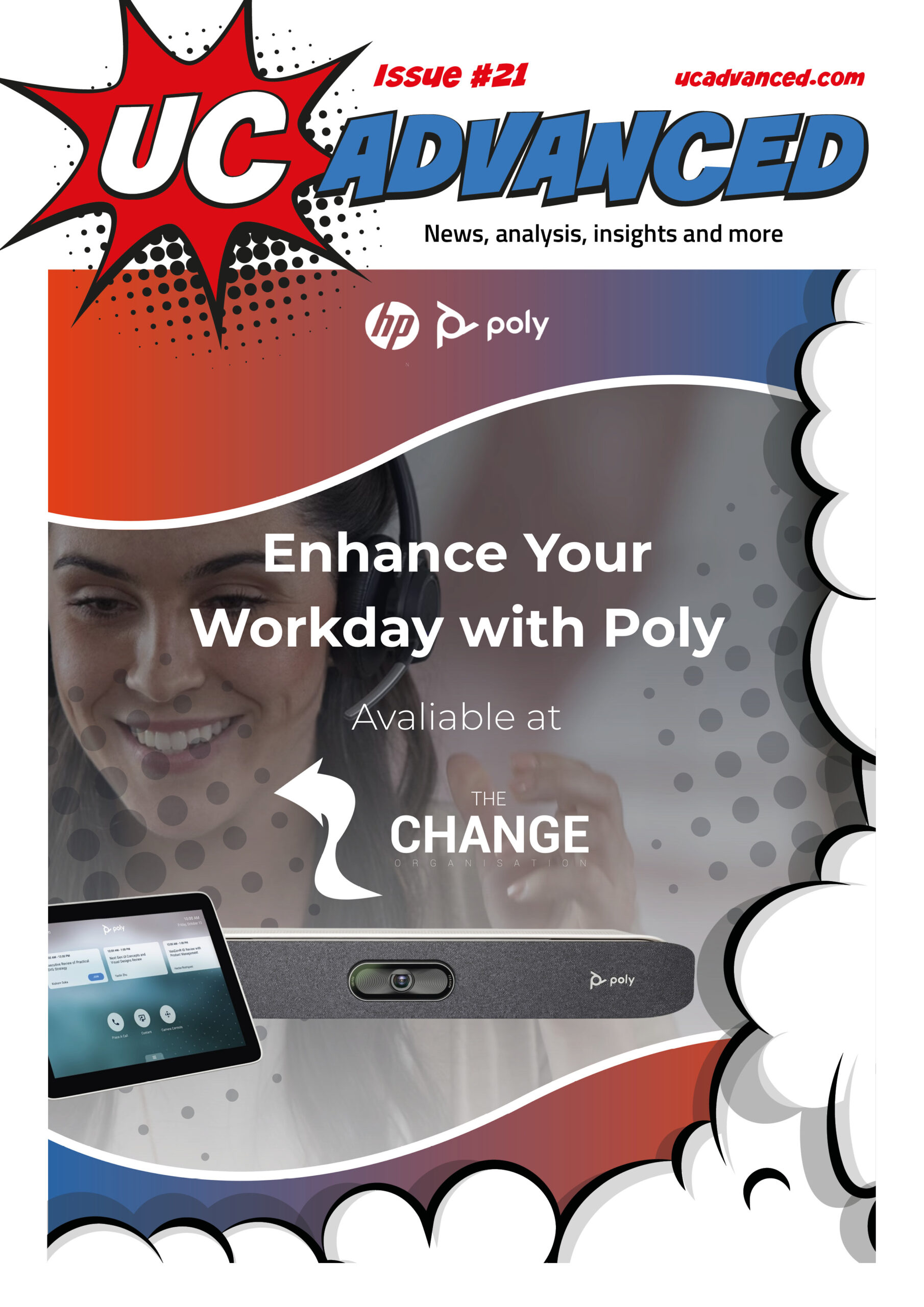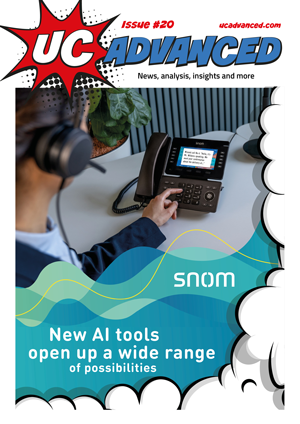It’s not often a brand becomes synonymous with a technology type. Yet, Zoom has experienced the highs and the lows of such an accolade. Speaking to Elliot Mulley-Goodbarne, Head of Channel for EMEA Dion Smith set out Zoom’s plan for the next three years.
When I first came into journalism, the deskphone was the best tool I could use to generate stories, strike up relationships and, on occasion, avoid a scolding from the editor!
It was also the main way I would conduct interviews, hooking up a dictaphone to the phone line and discussing the impacts of the iPhone on the mobile industry, how 5G could revolutionise connectivity, and why everyone is moving into a service-led business model.
Those mysteries have long been solved, but in the intervening time the deskphone, a once staple of the office, seems to be on the way out, especially when ‘setting up a call’ often means staring into a screen rather than picking up the phone.
One of the brands responsible for the shift is Zoom, the video conferencing solution barely a decade old and dominating the B2B communications space, catering for 350 meeting participants a day at the last count in 2020.
As we all know, after experiencing steady growth up to Q4 2019, Zoom quarterly revenues burst through the $200m and $300m marks in the first quarter of 2020 as video collaborations became more important. Since then, Zoom Video Communications annual revenue has grown to $4.393B in 2023, a 7.15% increase from 2022 and a 13x increase compared to five years ago.
Growing up fast
It’s not just the revenue that has grown either. When Zoom was first presented to the market, it was, at its core, a video chat solution. Now that video chat platform has grown into a fully functional video conferencing solution, catering to 1-on-1 meetings, to thousand-member all hands for the biggest conglomerates.
That growth has also been seen in the new technologies Zoom has embraced, and as such, what started as a video chat programme has evolved into a platform that transcends business communications.
“If you go through the journey of Zoom, we only really had one product for the first several years of the company,” said Dion Smith, Head of EMEA Channels at Zoom. “So the depth of enablement that’s required around that particular item wasn’t necessarily there.
“As we reflect all of the different products that make up our platform, from phone to contact centre, events to meetings, chat to Zoom IQ, that requires a heightened level of skill sets and insights to be able to position and sell now, and part of that is utilising the channel.
“There are partners that are specialists in a particular area and we cater to lots of different needs. From our perspective, we’ve gone on a journey of maturing our ecosystem and understanding different types of enablement that accompany different partner types. We’ve seen that be hugely effective based on the level of engagement that we’ve been gaining with the partners.”
Reselling the Wheel
As the Zoom portfolio has expanded from a video conferencing solution to a wheel of fortune for those seeking to improve their communications, the necessity to embrace the channel has become obvious.
The appointment of Smith 13 months ago is a key part of the “maturing” that Zoom has gone through. Smith himself says that his focus has been on building a partner ecosystem that can cater to all manner of requirements.
“My perspective when I was coming into the company was to ask ‘how do we actually pivot Zoom to being channel-led?” said Smith. “Building on my background in companies such as Dell and Hewlett Packard, I wanted to understand the ecosystem that we had up until a year ago and, more specifically, the ecosystem we needed for the future.
“It’s important to remember that for the first six or seven years, Zoom was a meetings-only product. You look at it today, we have an all encompassing, market leading unified communications platform. That requires different partners with different skill sets, and different capabilities to be able to position, sell and support that platform.
“When I joined, just over a year ago, we only had access to about 20% of the EMEA market, because we had not invested in our partners. We weren’t supporting partners whether in technical enablement, sales, accreditation. These are the things that give partners the skill sets and the experiences they need in order to be able to represent Zoom.”
Utilising the Channel
That battle for the collaborations market has been dominated by two providers since the pandemic-induced explosion; Microsoft Teams and Zoom.
While that battle continues to play out, one of the key advantages Microsoft has is a network of channel partners that have been selling their services for decades; not to mention the fact the platform is rolled into an overall package.
Nevertheless, Smith’s ambition has been emboldened by an increasingly addressable market, as the partner programme Zoom builds becomes more appealing.
“We’ve had to build this channel programme from a foundational level to improve our coverage in EMEA. Over the last 12 months, we’ve with signed agreements with three large scale distribution partners that have given us that footprint, so as of today, we now have 100% reach across EMEA.
“The second piece was actually building out a properly structured partner programme that allowed us to be able to tier our partners in a way that reflected how invested they are in Zoom. Maturing our ecosystem into tiers gives us the ability to reciprocate the investment different partners give to us back into their businesses.
“On top of that we are addressing the periphery businesses, such as ISVs and OEMs, who can take either parts of the Zoom product or the Zoom platform, and incorporate it into their own offerings. What we have started to do now is take Powered By Zoom offerings out into the market for those partners that want to build their own offerings around the Zoom platform.”
Growing pains
I’m sure you’ll have picked up that the theme of my conversation with Dion was around how Zoom is maturing.
In the short lifetime of the video conferencing provider, they managed to break the $1 billion revenue mark within a decade of inception, and have continued to grow from there. But, as with all teenagers, there have been growing pains along the way. A simple example of that is, although the brand was synonymous with parties and quizzes throughout 2020, a year later the brand was fighting fatigue; in more ways than one.
With the appointment of Smith, there is a recognition that the channel represents the best path to growth over the next decade, something they might have done well to pick up on when the businesses first told them that in 2014!
“I’ve been in the industry now just shy of 30 years,” said Smith, “I started back with Hewlett Packard in the mid 90s and, to be candid, my focus over the last 30 years has been around building channels, building ecosystems.
“During that time, I’ve been involved in every specialism on those partner journeys. I’ve been involved in partner ecosystems for some of the world’s largest technology companies, whether that’s building distribution, reseller, GSI, or specialist channels, on a country, regional, or worldwide scale”
Getting to 100
Applying that experience to Zoom, the tiered partner programme in place is being used as a foundation for the future growth of the company.
Addressing the future, Smith pointed to Zoom IQ as a clear indicator as to where the next wave of innovation in the industry is coming from. Adding functionality like speech analytics into the platform has naturally opened up markets in customer service, and has made Zoom Phone a more appealing solution.
“Zoom IQ is where we are really now moving completely into AI around the platform,” said Smith. “Analysing speech, analysing content, analysing calls, providing readouts, and coaching to individuals based on the content of what that call was.
“Now were knitting that together so, as a salesperson, I could be doing a sales call and at the end of that call I would get an automated feedback from the platform dictating what was said, pointing out where there were buying signals, and the next steps to progress to the next stage of the sale.”
As for Zoom, the target is simple: grow the channel.
“I came into the company with a very clear mandate: to pivot the organisation to be channel first,” said Smith, “and a lot of what we’ve been doing over these last 12 months is building the foundations of what we need to be able to achieve that mandate.
“If I reflect on the last 12 months, I’m excited that we have doubled the channel contribution that we were making in one year. When I joined, only around 18% of total sales in EMEA were contributed by our channel, as we just exited our last financial year, we’re now at 40%.
“There are some countries within EMEA where we’re already greater than 80% channel contribution. Those are countries that we’ve already placed bets in, if you like, that we want to be channel-led only from a futures perspective.
“The goal is very clear. Inside the next three years, Zoom’s total sales from EMEA will have a greater than 80% channel contribution. But in order for us to achieve that, we need to continue on the path we’ve started, continue to mature that ecosystem, continue to build out that capability, and to make sure these products are all available for our channel to be able to sell.”

